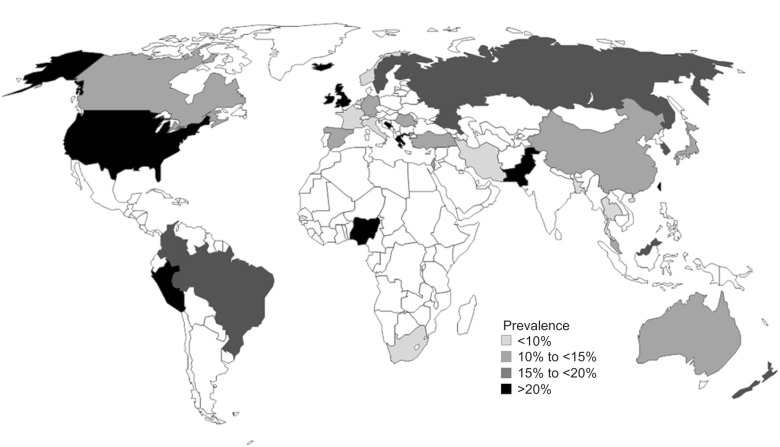Let’s talk about IBS:
- Irritable Bowel Syndrome (IBS) is a common gastrointestinal disorder characterized by abdominal pain or discomfort and changes in bowel habits, such as diarrhea, constipation, or both.
- It is a chronic condition that can significantly impact a person’s quality of life.
- IBS affects between 25 and 45 million people in the United States.
- Many patients do not seek medical attention for symptoms indicative of IBS!
- Estimates of the proportion of those who do attend primary care for their symptoms range between 10% and 70% (Hungin AP et al.: The prevalence, patterns, and impact of irritable bowel syndrome: an international survey of 40,000 subjects; Koloski NA et al.: Predictors of conventional and alternative health care seeking for irritable bowel syndrome and functional dyspepsia).
In order to diagnose IBS, the patient should meet the following Rome IV criteria: Recurrent abdominal pain on average at least 1 d/wk in the last 3 mo, associated with 2 or more of the following symptoms:
- Related to defecation
- Associated with a change in the frequency of stool
- Associated with a change in the form (appearance) of stool

Worldwide prevalence of irritable bowel syndrome, as reported by country (Canavan C, West J, Card T. The epidemiology of irritable bowel syndrome. Clin Epidemiol. 2014 Feb 4;6:71-80. doi: 10.2147/CLEP.S40245. PMID: 24523597; PMCID: PMC3921083.).
